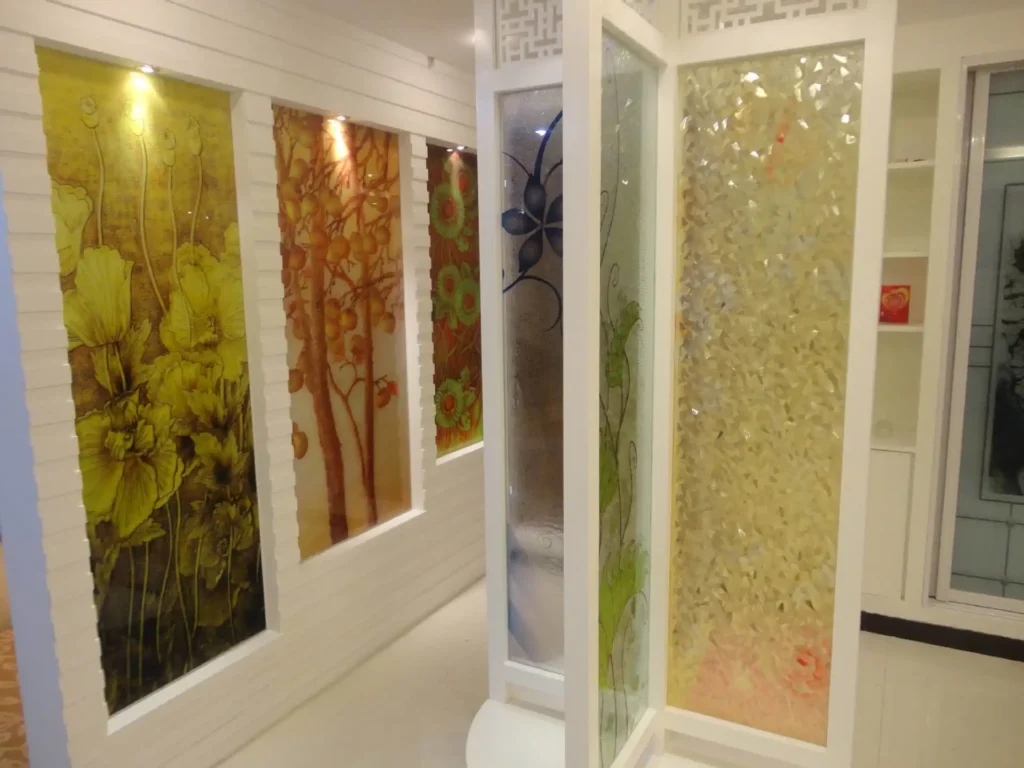Magnesium oxide can play a significant role in decorative glass under specific circumstances. It is typically used as an additive to improve the glass’s properties or impart special characteristics. It’s important to note that the specific formulation of decorative glass varies depending on the desired properties and applications. Therefore, the optimal amount of magnesium oxide and the selection of other compatible materials should be determined based on the specific project requirements.

Here are some specific benefits:
- Improved Chemical Stability: Magnesium oxide can increase the chemical durability of glass, making it more resistant to acid and alkali corrosion. This is particularly important for decorative glass exposed to harsh environmental conditions.
- Enhanced Thermal Stability: Adding an appropriate amount of magnesium oxide can improve the thermal stability and thermal shock resistance of glass. This helps prevent glass from cracking due to sudden temperature changes, which is particularly useful for decorative glass products that need to withstand significant temperature variations.
- Improved Optical Performance: Magnesium oxide can help adjust the refractive index of glass, thereby optimizing its transparency and gloss. This is very important for decorative glass that pursues high-quality visual effects, such as for architectural curtain walls, interior partitions, or high-end home decorations.
- Lowered Melting Temperature: During glass manufacturing, magnesium oxide can act as a fluxing agent, helping to lower the melting temperature of glass raw materials, reduce energy consumption, and simplify the production process.
- Controlled Expansion Coefficient: By adjusting the magnesium oxide content in the formulation, the thermal expansion coefficient of the glass can be precisely controlled, ensuring its compatibility with other materials (such as metal frames). This avoids stress issues caused by inconsistent thermal expansion and contraction.
- Provided Color Effects: Although magnesium oxide is not a coloring agent itself, it can synergistically interact with other coloring elements to influence the final product’s color expression. In addition, the presence of magnesium oxide in certain types of glass may indirectly affect the color and texture of the glass.
- Increased Mechanical Strength: An appropriate amount of magnesium oxide can increase the mechanical strength and hardness of glass, making it more durable and less prone to breakage. This is especially important for decorative glass products with high safety and functionality requirements.
- Environmental Considerations: Using magnesium oxide as part of the glass formulation can help produce more environmentally friendly products, as it can replace some less environmentally friendly components to a certain extent.
